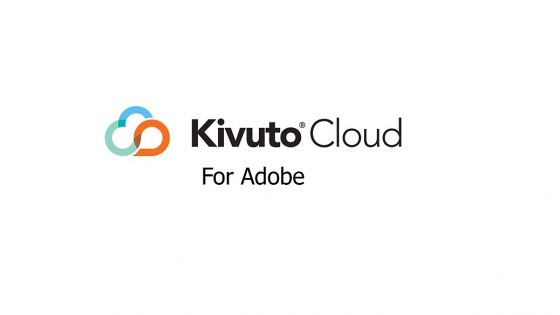Kivuto recently released a report on how academic institutions manage the software, cloud products, and other digital resources used on campuses. Based on a survey of college and university IT leaders conducted in partnership with University Business (UB), the report sheds light on the struggles school IT teams face in the procurement, distribution, and overall management of such resources.
One of the takeaways from the report is that there are three major (and related) challenges looming ahead for academic IT teams. We’ll call them the Three Cs: centralization, compliance, and the cloud. In this three-part blog series, we’ve been looking at each of these challenges — and at why IT teams in higher education will have to address them sooner rather than later.
In earlier posts, we examined how these teams struggle with decentralized processes and to ensure compliance with applicable laws, terms, and conditions. For our third and final installment, let’s look at how the transition to the cloud is compounding both of these challenges.
Decentralized Management
Kivuto’s survey asked respondents to identify the biggest challenges to managing cloud products at their institutions. The most common response by far (60%) was: “Multiple processes to manage different licenses”.
This is unsurprising. Cloud products are commonly managed through their own administration consoles, and there’s no interoperability between them. This exacerbates schools’ decentralization-related issues, as IT teams are obligated to master processes that vary not only by department but by product.
It’s unclear how large a problem this is at present. Only about half of respondents to Kivuto’s survey currently manage any cloud products on behalf of their institution. However, this is bound to change. The cloud is rapidly becoming the new standard in software licensing. Microsoft, Adobe, VMware, IBM, and other vendors of popular academic software have already made or are making the shift. Schools that don’t currently support any cloud products will eventually have to; those that already do will inevitably adopt more. And if IT teams keep having to manage each of these products independently, then those teams’ struggles with decentralization are going to get worse before they get better.
Compliance Risks
The manner in which cloud products are managed creates more than extra work for IT teams. It creates risk to institutions by making it hard for central IT to ensure compliance with product terms and conditions.
The way cloud products are typically licensed requires an administrator to manually provision and de-provision access as users gain and lose their eligibility. This may be fine for small-to-medium businesses (SMBs), where eligibility generally only changes as employees join or leave the company. But academic institutions have far more complex requirements. Each student’s product eligibility is unique and changes with their course load. And thousands of students join and leave these institutions every year.
As a result, IT teams have to manually provision and de-provision users with every new semester, new student, dropped course, or transfer on campus. This generally has to be done independently for each product, using administration consoles that weren’t designed for such active management. This makes it difficult for IT to ensure students can only access products they’re authorized to use for as long as they’re authorized to used them – which, in turn, raises the risk of noncompliance.
The Challenge for Schools
Clearly, the cloud feeds into each of the other Three Cs. It creates more decentralization due to the distinct way each product is managed. It creates compliance risks due to the need to manually manage users’ access as their eligibility changes. And as more digital resources move to the cloud, all of these challenges are bound to grow.
Finding a simple, low-risk way to manage cloud products won’t be easy, particularly if vendors keep designing these products for SMBs. Fortunately, there are third-party options available to help schools. One example is Kivuto Cloud. Built specifically for the education industry, this solution centralizes the management of all cloud products used on campus and automates the provisioning and de-provisioning of licenses and entitlements. This reduces the management burden on IT teams and minimizes compliance risks to institutions.
However it’s accomplished, it’s critical for schools to prepare for the challenges associated with the shift to the cloud. Until they do, their struggles with the other Cs – centralization and compliance – aren’t likely to go away any time soon.
* * *
Watch The On-Demand Webinar
This blog is based on findings from Kivuto’s 2020 survey: A New Era of Learning Brings Complex Challenges for Academic IT. Watch the webinar to hear a summary of the survey’s findings.













